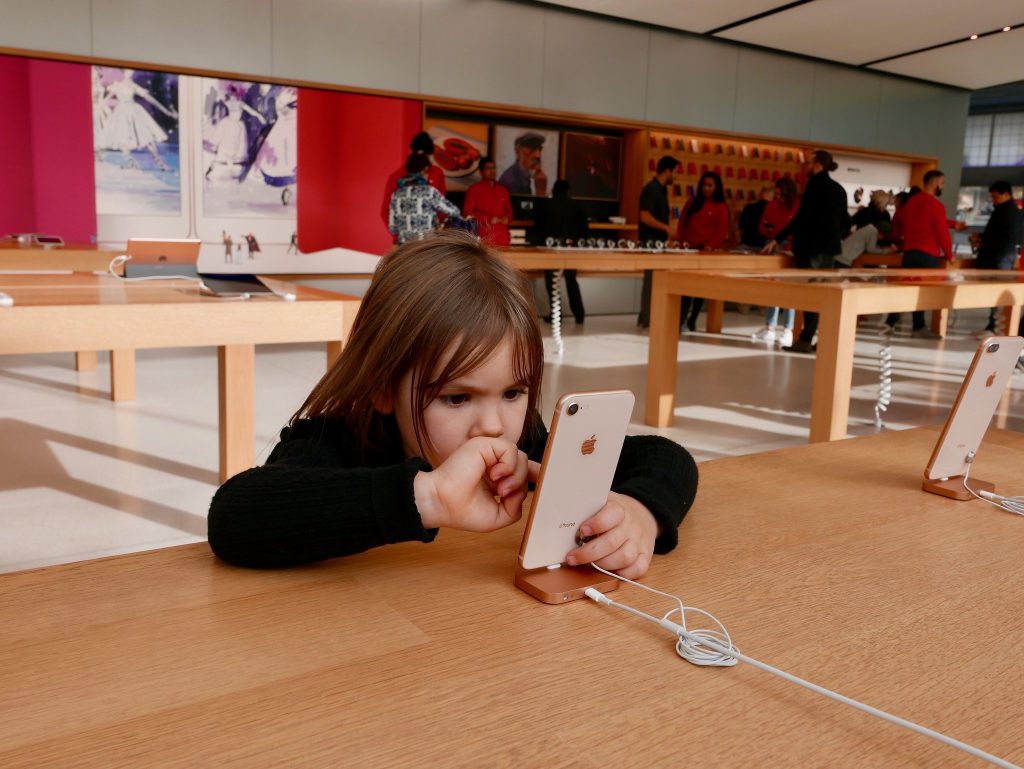The author discusses his struggle as a parent dealing with his daughter’s desire for a smartphone and the impact of screen time on his children. He seeks advice from Delaney Ruston, a filmmaker and physician, who specializes in mental health and the effects of screen time on young people. Ruston emphasizes the importance of open communication with children about their screen time usage and the need for ongoing conversations. She also recommends setting boundaries, such as no screens in the bedroom, and having weekly family meetings to discuss technology use.
Ruston suggests that parents model healthy screen time behavior for their children by engaging in tool-related functions on their phones rather than solely using them for entertainment purposes. She advises parents to educate themselves and their children about the impacts of excessive screen time on mental health. Additionally, Ruston recommends considering the Wait Until 8th pledge, which advocates for delaying giving children a smartphone until at least the end of 8th grade. By showing children real data about the negative effects of social media use on mental health, parents can have more informed discussions with their children about technology use.
The author reflects on his own struggles with screen time management within his family and acknowledges the challenges of balancing personal screen use while setting boundaries for his children. He notes the difficulties of preventing children from using devices for prolonged periods, especially in the bedroom. By following Ruston’s advice, the author aims to improve communication with his daughter about screen time usage and establish healthier habits as a family. Ruston emphasizes the importance of parents taking an active role in guiding their children towards making informed decisions about technology use.
Ruston believes that parents should not bear all the blame for their children’s screen time habits, as the lack of regulation on tech companies has contributed to the widespread use of devices among young people. She advocates for families to come together and engage in ongoing conversations with their children about the impacts of technology on mental health. By fostering critical thinking skills in children, parents can empower them to make more balanced choices about their screen time usage. Ruston hopes that by addressing these issues as a society, a better way forward can emerge, where technology is used more mindfully and responsibly.
The author shares his experiences navigating the challenges of parenting in the digital age and seeking guidance on managing his children’s screen time. By consulting with Ruston and implementing her recommendations, the author hopes to establish healthier screen time habits within his family and improve communication with his daughter about her desire for a smartphone. Ruston’s expertise in addressing the impacts of screen time on mental health offers valuable insights for parents seeking to navigate the complexities of technology use with their children. Through ongoing conversations and setting boundaries, families can work together to create a more balanced approach to screen time.















